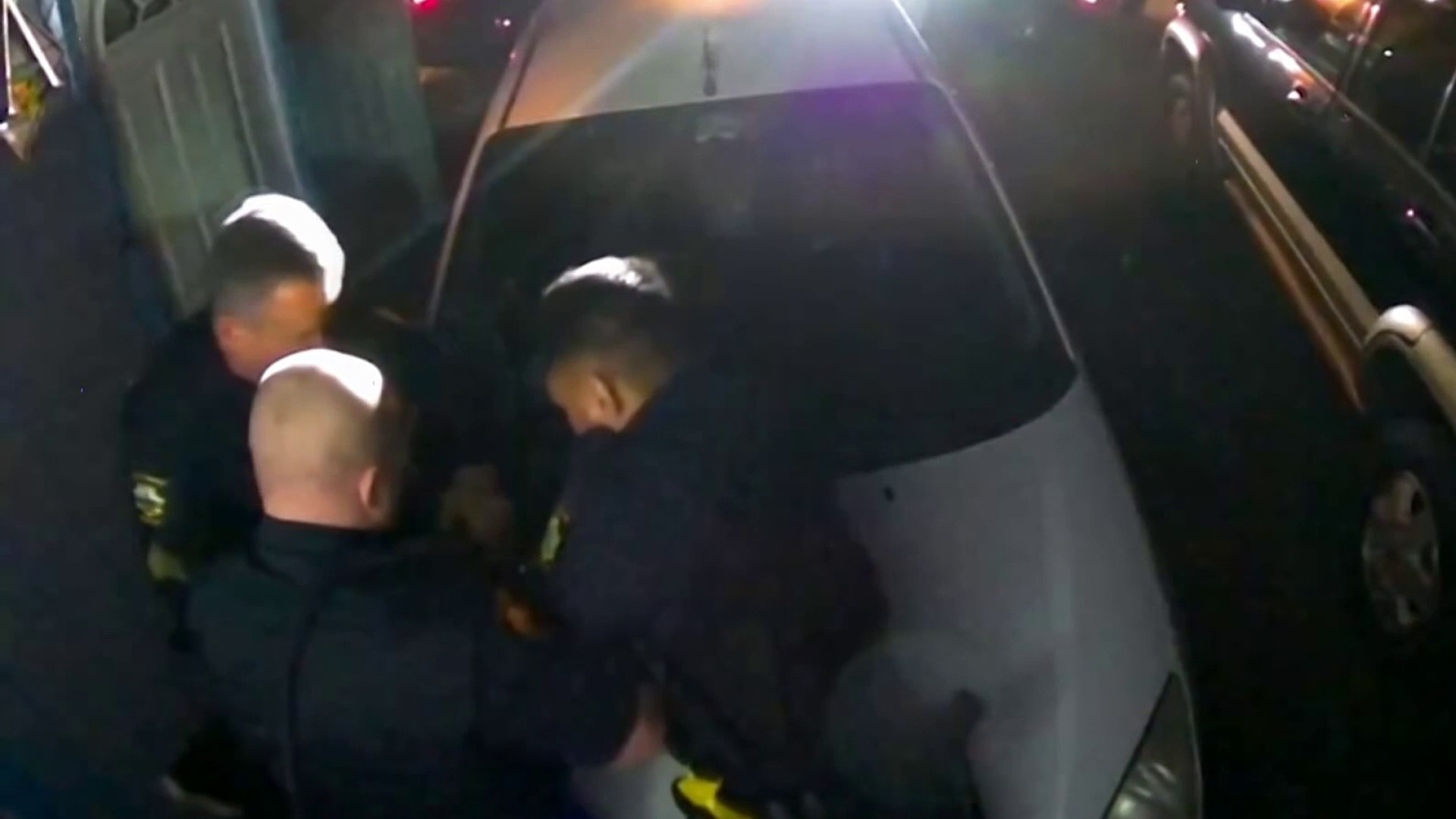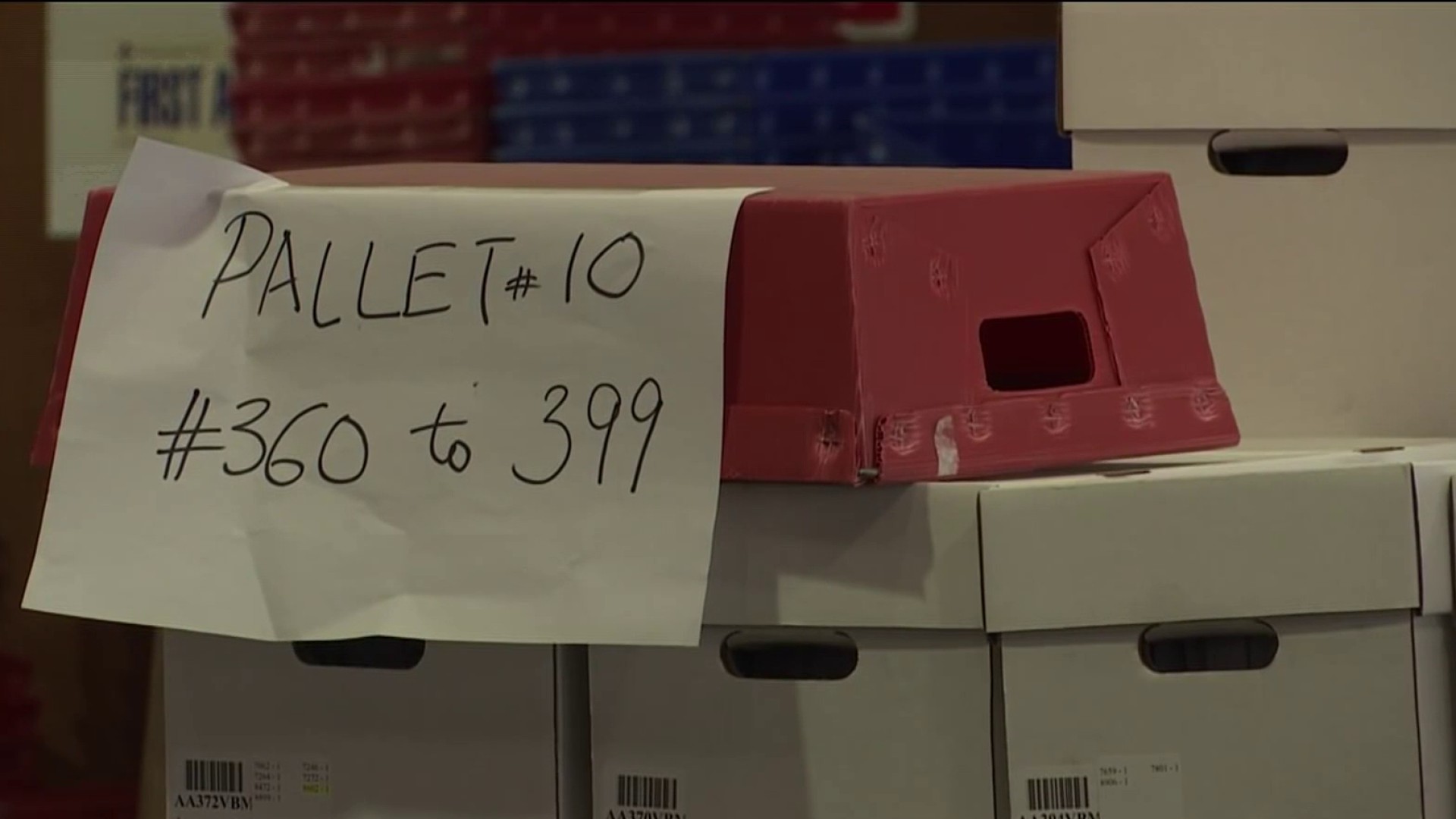The San Jose City Council on Tuesday will consider a proposed ordinance to closely oversee medicinal marijuana collectives and cultivation in a city with 78 collectives operating illegally.
The city has been living with the unlawful pot businesses since it repealed a law governing them in 2012 and did not have enough funds for enforcement to close them down, Mayor Chuck Reed's spokeswoman Michelle McGurk said.
City officials waited patiently for the courts to decide if cities in California could legally control marijuana collectives and on May 6, 2013, got their wish when the state Supreme Court ruled the city of Riverside could regulate or ban them under its land use authority.
The 78 collectives that distribute medical marijuana illegally dot various sections of San Jose while its neighboring cities in Santa Clara County have banned them.
"There is absolutely nothing in our zoning code that allows them," McGurk said.
On Tuesday, the City Council will debate a motion from the city staff on a recommended set of regulations on specific zoning districts and parcels where collectives may be located and how they may operate.
Local
A key issue for discussion will be regulating where the marijuana plants sold in the city can be cultivated.
Right now, much of the marijuana sold in San Jose is grown outside the city and no one is sure whether or not the growers are illegal drug cartels or gangs farming on public or private land, McGurk said.
The collectives want to grow their crops outside because it is less expensive, McGurk said
But the city staff has recommended, in order to better regulate cultivation, that the businesses grow the product indoors only, either onsite or from one off-site location within the city.
The recommended law would also exclude marijuana collectives from being within 1,000 feet of public and private schools, child daycare centers, churches with daycare centers, community and recreations centers, parks, libraries and other collectives.
The businesses would have to be at least 150 feet away from residences.
A proposal advocated by some City Council members would limit marijuana shops and grow houses to a total of 196 parcels of land in the city within Combined Industrial, Light Industrial, Commercial General and Downtown Primary Commercial zoning districts.
Reed, Vice Mayor Madison Nguyen and Councilmen Sam Liccardo and Pierluigi Oliverio would allow collectives in Industrial Park and Heavy Industrial districts with specific exceptions for three major employment centers in San Jose.
The Reed group would not permit them in the city's premier employment areas, covered by North San Jose Area Development Policy, the International Business Park and Edenvale Area Development Policy, which have technology, manufacturing and assembly businesses.
In a memo to the City Council on May 9, Reed and his cohorts warned that San Jose could be at risk of losing its ability to attract and hold onto high-tech employers and employees if marijuana establishments were allowed to move into the city's top industrial parks.
Reed would also like patients with legitimate medical problems to obtain a state identification card from the Santa Clara County Public Health Department to purchase the drug, but that aspect would have to be discussed by the City Council, McGurk said.
Currently, many of the illegal collectives in San Jose simply issue their own membership cards "like Costco," McGurk said.
Even though medicinal marijuana is permitted for patients under state law, there are no state regulations guaranteeing that the marijuana products they are buying were grown safely or what chemicals were used on them, McGurk said.
"It's really not functioning as medical marijuana," McGurk said.



